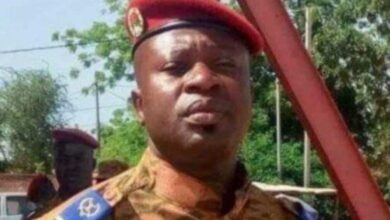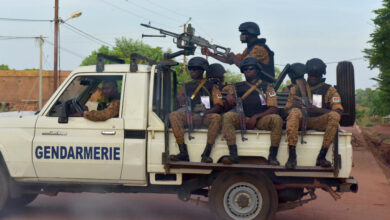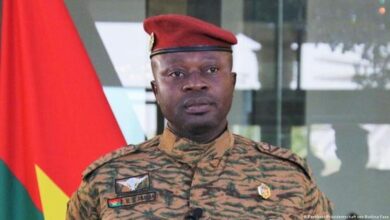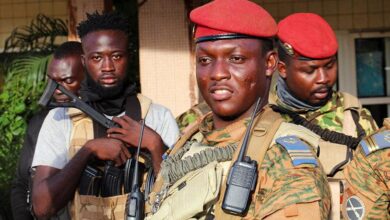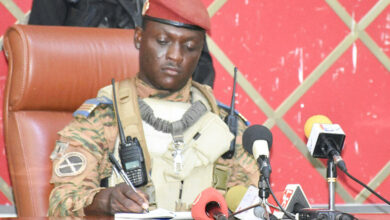Burkina Faso
National Meeting Begin In Burkina Faso To Appoint New Transitional President
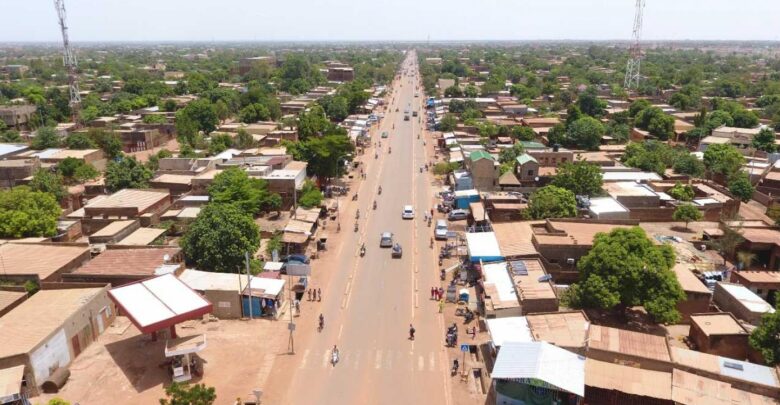
A national meeting has begun in Burkina Faso on Friday to appoint a transitional president who will serve the country until elections, reported The Africa News. The meeting comes just two weeks after a coup hit the country.
The meeting will be attended by army and police representative, religious and civil society organizations, trade unions, political parties and internally displaced victims of the jihadist attacks that have hit Burkina Faso since 2015.
According to Colonel Major Célestin Compaoré, the chairman of the organizing committee, the national meeting will be held to examine and adopt the transitional charter, designate a transitional president in accordance with the charter, and collect any plans or proposals for a smooth transition.
Notably, in January this year, Burkina Faso’s army led by Lieutenant-Colonel Paul Henri Sandaogo Damiba and grouped in a junta called the Patriotic Movement for Safeguard and Restoration (MPSR) ousted President Roch Marc Christian Kaboré, who was accused of incapacity to control the jihadist attacks that have multiplied in Burkina.
On 30 September, Burkina Faso’s army again staged a coup that toppled transitional military leader Lieutenant-Colonel Paul-Henri Damiba accusing him of failing to restore security in the country. The coup brought to power a young 34-year-old captain, Ibrahim Traoré to refocus the transition on security emergencies.
Officially appointed president shortly after taking power, Captain Traoré said he would only carry out current affairs until a new civilian or military transitional president was appointed through a national conference.
Earlier this week, Traore agreed to respect national democratic transition timeline that was agreed between his predecessor and West Africa regional bloc ECOWAS.
He assured that Burkina Faso would respect the commitments made with ECOWAS in July to restore constitutional order in 24 months. He also said the government would honour its international commitments, particularly regarding the protection of human rights, and would collaborate with ECOWAS evaluation mechanisms.


